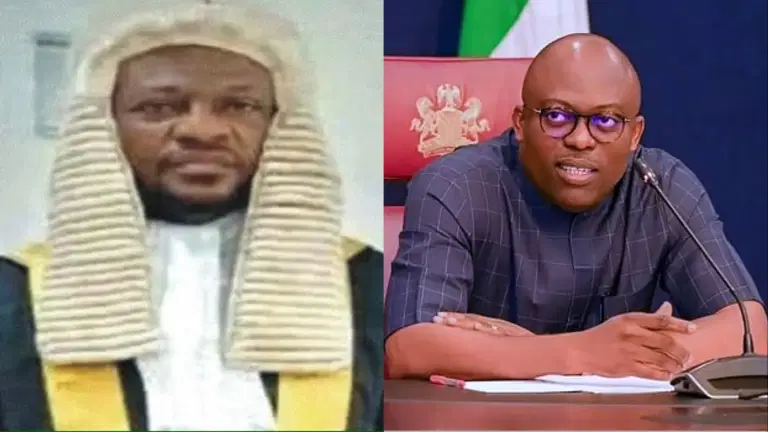After six months under a state of emergency, divided Rivers State is in a moment of political renewal. On September 18, 2025, the Rivers State House of Assembly resumed plenary sittings following President Bola Ahmed Tinubu’s lifting of the emergency rule. The move reinstated Governor Siminalayi Fubara, his deputy, and all assembly members who had been suspended since March 18 due to rising political tensions in the state.
A Governor’s Absence Raises Questions
Despite this significant political development, Governor Fubara and Deputy Governor Ngozi Odu did not return to the Government House in Port Harcourt as many had expected. Supporters from all local government areas gathered from the early hours of the morning at the Government House, some arriving as early as 7 a.m., hoping to welcome the governor back ceremonially.
However, as the day unfolded with no sight of Fubara and his deputy, a mood of frustration set in among the assembled crowd. By evening, with crowds dispersing and the Government House largely empty, many began to question the reasons behind his non-resumption. Some reports suggest that Fubara was engaged in strategic consultations in Abuja with political stakeholders as conditions for his return are finalized.
Legislative Assembly Pushes Forward
While the executive remained in limbo, the legislative arm of Rivers State moved decisively. The Assembly, led by Speaker Martin Amaewhule and House Leader Major Jack, passed motions urging the governor to present a new list of nominees for commissioners and to submit an appropriation bill that reflects the current economic and social realities of the state. The lawmakers also resolved to probe contracts awarded and expenditures made during the six-month emergency rule overseen by the now-former Sole Administrator, Vice Admiral Ibok-Ete Ibas (retd.).
Voices from the People & Stakeholders
Reactions from Rivers residents and key political figures have ranged from disappointment to cautious optimism. Many expressed frustration over the governor’s unexplained absence, emphasizing that the state needs visible leadership now more than ever. Others, including political elders and local government chairmen, recognized the symbolic and constitutional importance of the Assembly’s return and the restoration of democratic governance.
Prominent voices in the opposition, like the African Democratic Congress (ADC), also criticized the prolonged suspension as unconstitutional. They called for legal clarity and adherence to constitutional norms to prevent similar crises in the future.
Conclusion: Stakes Are High
The resumption of democratic governance in Rivers State represents a turning point. Yet, Governor Fubara’s absence casts a veil of uncertainty. With the Assembly actively setting its legislative agenda and citizens yearning for transparent leadership, the state stands at a crossroads. Will Fubara soon return to assert his mandate, or will the trust of Rivers people be tested by silence and delays?
We at Control Room Media encourage you—our readers—to share your thoughts on this situation. How significant is the governor’s absence in this transition? What actions should stakeholders take? Let’s continue this conversation on our Facebook page—your voice matters.



